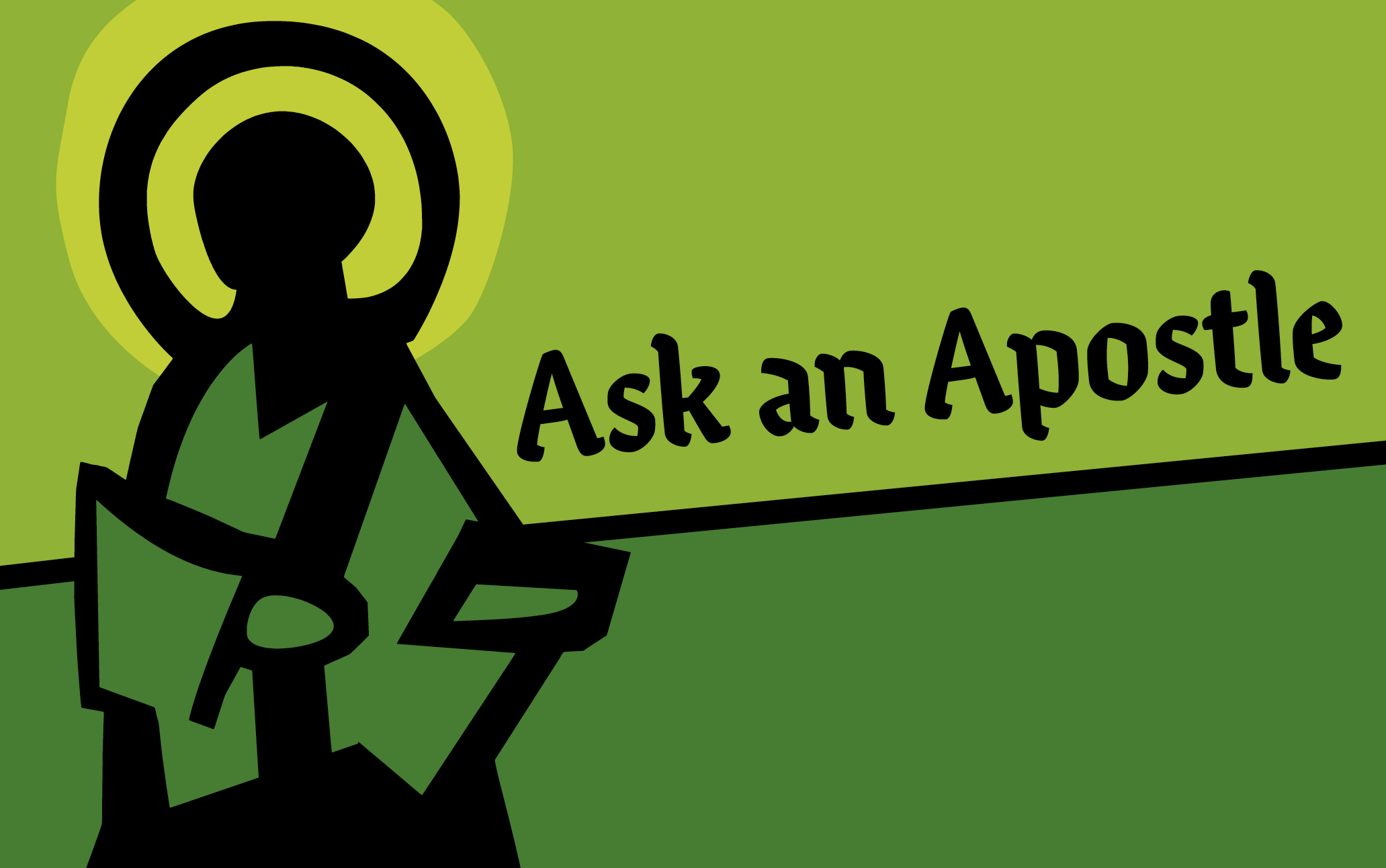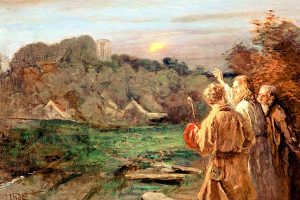Got a burning question? Click here to Ask an Apostle.
Q: Why read the Bible? I ask because I don’t think that you can understand the Bible without a knowledge of the geography of Jesus’ times, a knowledge of the politics within the civil and religious hierarchy of the Jewish people, a knowledge of the tenants of Judaism at that time, and a knowledge of the Roman governance. Last, but certainly not least, material translated from Aramaic, Greek and Latin into English casts serious doubt on accuracy. I’ve heard priests refer to the underlying Greek word that has several different meanings that do not necessarily agree with the English version.
—Scripture Skeptic
A: Have you ever read Alexander Pope’s poem “A Little Learning”? It’s where the often quoted saying that “a little learning is a dangerous thing” originates, a line suggesting that your inclination to avoid diving into something that you know little about is right. I perceive your leaning as a mark of care and thoughtfulness; you understand the importance of context and translation, and you recognize your limited knowledge and capabilities where these two areas are concerned. In a day when so much is taken out of context and misunderstood—with dire consequences—your instinct is admirable.
But at the same time, it seems a little defeatist to me. If we allowed the impossibility of full understanding to stop us from embracing various endeavors, where would we find ourselves? Would we choose to get married? Would we start new jobs? Would we explore unknown places, take advantage of learning opportunities, and have children? The nature of life is that we start out knowing very little, and we learn and grow along the way; to let the lack of knowledge hold us back from saying yes to life’s adventures is to squander the bodies and brains that we’ve been given to nourish and develop. Why not instead use your hesitation about reading the Bible to inform your approach to scripture? If you adopt a humble spirit that says, “I don’t understand all of this, my interpretations could be limited, and I don’t have all the answers,” seek to learn more along the way, and don’t attempt to push your limited interpretations on others, are you doing any harm? I doubt it. And are you getting any good? I imagine so.














Add comment